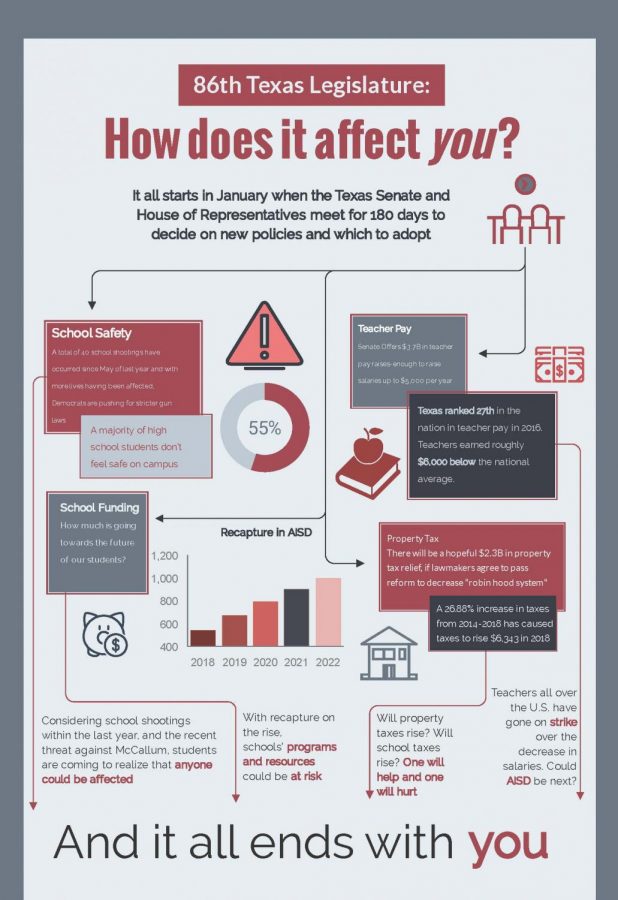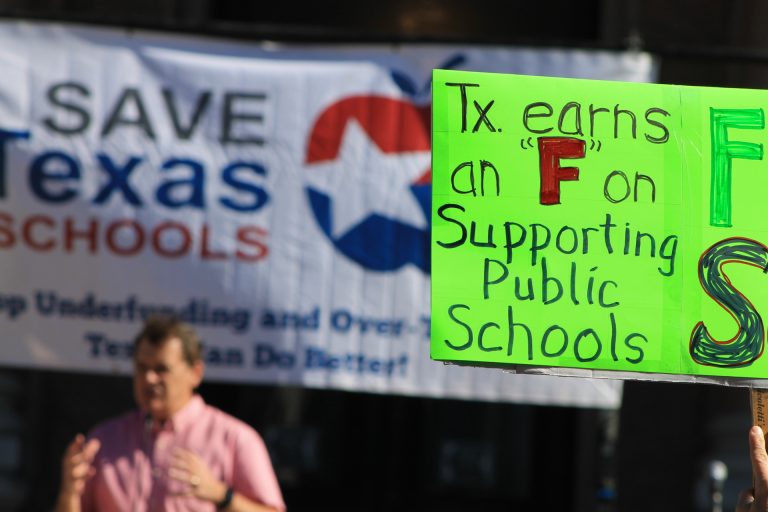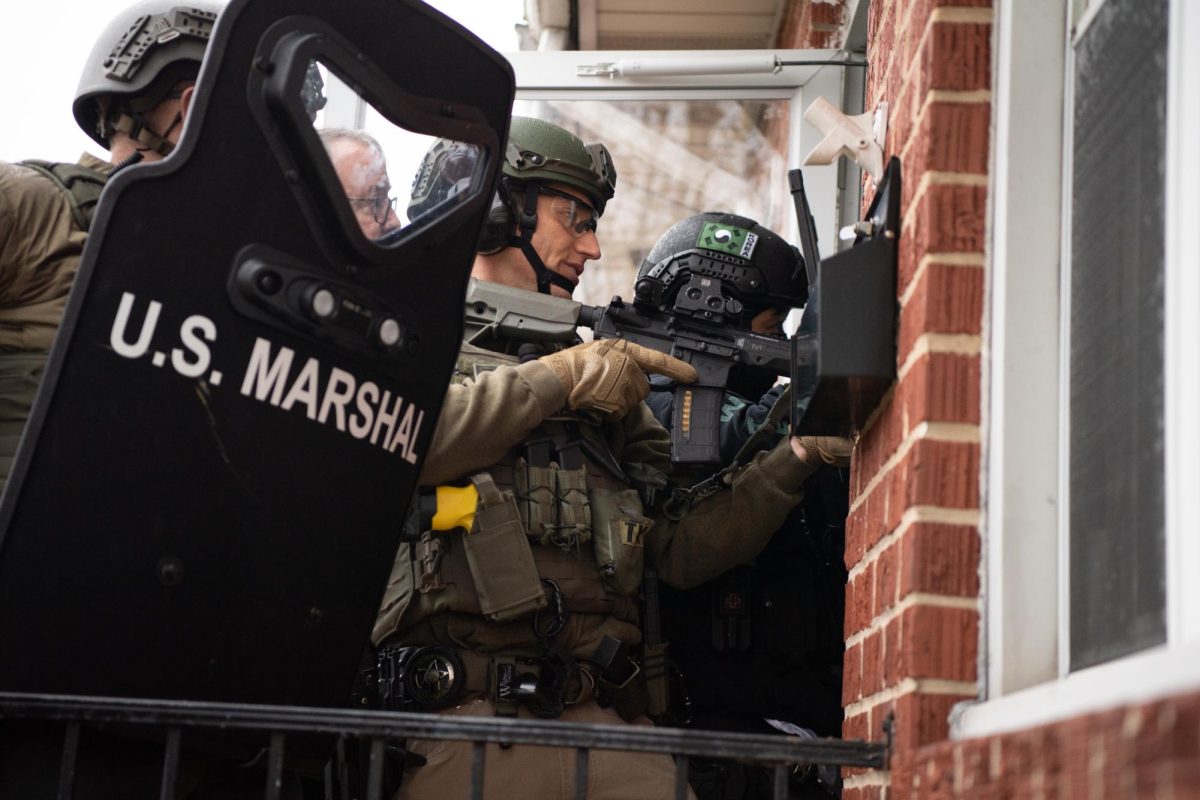Starting Jan. 8, the 86th biannual Texas Legislature began the 180 days of determining new Texas policies. This legislative year is supposed to be a year of progression and due to the new makeup of the House and Senate, Texans are eager to see what will happen next.
Lt. Gov. Dan Patrick and Republicans have been in control in recent years, but Patrick now must negotiate with Democrats in ways he has not before this year. The reason why?
If the Democratic state senators remain united, one Republican defector can block legislation and return the legislature to bipartisan negotiations, involving the cooperation of two parties, instead of hyperpartisan, being extremely biased towards a single political party.
The most probable Republican swing vote is that of senator Kel Seliger: the last old school moderate Republican who’s butted heads with Dan Patrick in the past. The last time was when Patrick strongly pushed an anti-transgender bill that caused a divide within his party.
No matter the numbers, Democrats and Republicans alike are all considering legislation seeking to bettering the school system in Texas as well as advancing bills dealing with disaster recovery, marijuana legalization and abortion.
Recapture is the collecting of school taxes from property-tax rich districts and redistributing them to property-tax poor districts. Though it seems to be a fair solution on paper, in practice, Robin Hood laws siphon money out of Austin because the property values in Austin have increased, causing the Austin school district to pay out more money and receive reduced school funds in return. Recently there has been talk of increasing property taxes and lowering school taxes so fewer revenues will be caught up by the recapture provision. $2.3 billion has been proposed for property tax relief if lawmakers agree to pass reform to decrease dependence on the so-called “Robin Hood” system. Unfortunately, the decrease in school funds has affected more than just the lives of students.
Teacher’s salaries have also taken a hit, and paired with property taxes increasing, teachers are finding it more difficult to even find affordable housing. The House’s top priority is school finance, but the question is how much of the $7 billion House education bill will be devoted to teacher raises? The Senate is offering $3.7 billion in teacher pay, enough to raise salaries by $5,000 per year.
 School safety has also become more of a concern as only within the first five months of 2018, there were 16 school shootings, and Texans want to end that trend immediately. ”It’s a terrible thing to think about, the idea that our lives could be at risk in such a place like school,” senior Isabella Hernandez said.
School safety has also become more of a concern as only within the first five months of 2018, there were 16 school shootings, and Texans want to end that trend immediately. ”It’s a terrible thing to think about, the idea that our lives could be at risk in such a place like school,” senior Isabella Hernandez said.
Gov. Greg Abbott released a 43-page school safety plan after the Santa Fe shooting that took place May 18. The proposal considers a wide range of solutions from addressing mental health, to possibly adopting the “red flag” law. The “red flag” law will allow the seizure or surrender of firearms by those deemed an imminent threat by a judge.
There is also the possible state program to arm teachers to be trained by the Texas Commission of Law Enforcement. The governor has proposed streamlining the 80-hour training course and lifting the rule that teachers have to keep firearms under lock and key.
While not all McCallum students would agree with Abbott’s proposals, may do feel that the government must take some action to make schools safer, especially in light of the recent scare over alleged terrorist threats to the McCallum campus.
“This is another wakeup call among many for our local government and beyond to enforce more common sense gun laws and restrictions,” Hernandez said.
Due to the damages left by Harvey, the city of Houston has hired the HillCo lobbying firm to appeal to the Texas Legislature for disaster recovery relief. Houston Mayor Sylvester Turner openly stated that his top priority is getting disaster relief funding this session, and he hopes that lawmakers tap into the rainy day fund to provide it.
“Though neighbors and the community really helped out, it doesn’t feel like the state aided its people in any way,” Houstonite James Puckett said.
A few years ago the Compassionate Use Act was signed, allowing for the use of a specific type of cannabis oil for those with epilepsy, but not all who suffer qualify. This year, there may be a significant leap this year in the Texas Legislature.
“Though I don’t agree with full legalization, because I personally find the benefits of CBD oil to be enough for me, the punishments for a small amount of marijuana are far too elaborate,” said one parent who wished to remain anonymous.
With the bordering Texas states all having legalized the medical use of marijuana, Texas has been put under pressure to follow suit. A couple of bills up for debate this year are the legalization of medical marijuana and the decriminalization for anything less than a gram. More specifically, the bill aims to lower the punishment from a class B misdemeanor and up to six months in jail time, to a civil offense with up to a $250 fine.
Finally, two anti-abortions bills passed this month to prevent doctors from encouraging abortions and cease “dismemberment abortions.” The “wrongful births” bills does not give women the right to sue doctors if their child is born with a birth defect so doctors will be less inclined to recommend aborting the baby. Senior Zoe Tormollen said that issue seemed fairly straightforward to her. ”It seems corrupt not to allow doctors to be sued if there was misconduct.”
Texans are eager to see what the legislation will bring us this session. With the new composition of the House and Senate in terms of political parties. The topics of this year are important, but the bills are also incredibly specific in what exactly they address. The Texas legislative session ends May 27, and until then the future of our state on a variety of important policy issues remains uncertain.








